Lab Director
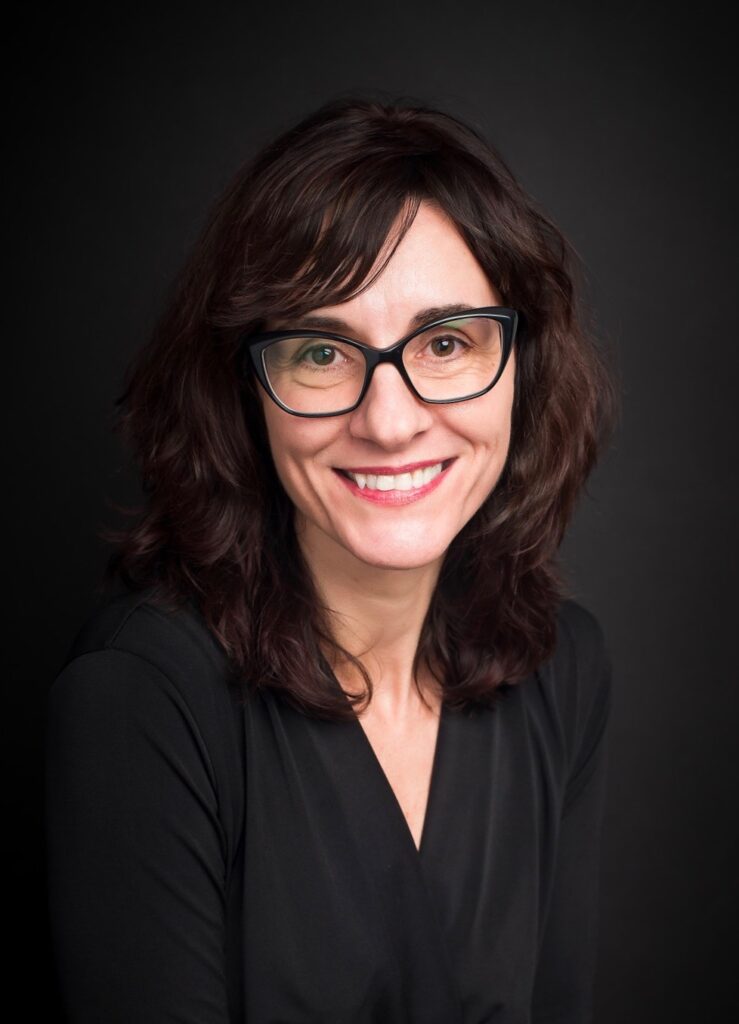
Patricia Ganea, Ph.D.
patricia.ganea@utoronto.ca
CV
My primary research area is early cognitive development. Current studies in our lab examine the cognitive and linguistic mechanisms underlying the development of counterfactual reasoning and how the ability to think of alternatives to reality can support children’s learning and development.
Postdoctoral Fellows

Ioana Grosu, Ph.D.
ioana.grosu@utoronto.ca
Ioana recently completed her PhD in Linguistics at New York University. Her research primarily focuses on the interplay between possibility reasoning and the language used to express possibilities, with an emphasis on counterfactual constructions (e.g., “If cats had wings, they would fly”). In particular, she is interested in how children acquire possibility reasoning, and the way in which the possibilities children reason over differ from those of adults. She uses a combination of both experimental and corpus-based methodologies to investigate these questions, considering children’s ability to reason over counterfactual questions as well as their spontaneous production of counterfactual conditionals.
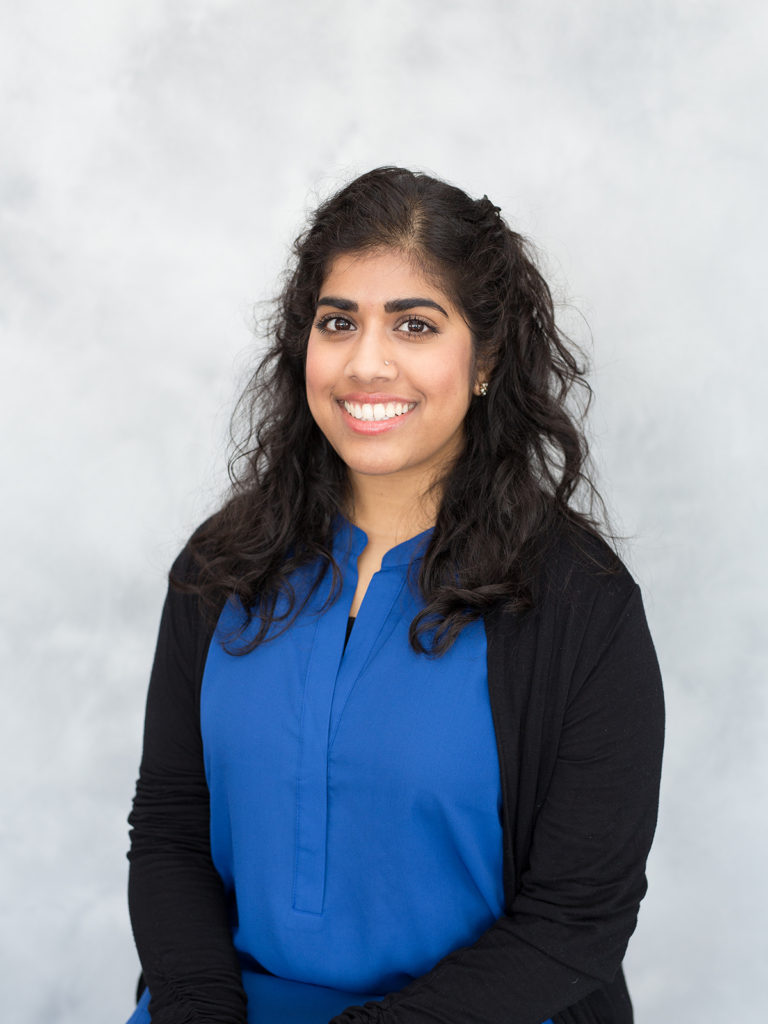
Vaunam Venkadasalam, Ph.D.
vaunam.venkadasalam@utoronto.ca
Vaunam received her PhD and MA in Development Psychology and Education from the University of Toronto and obtained an Honours BSc in Biology and Psychology from York University. Vaunam is interested in young children’s scientific understanding. The science domain provides interesting opportunities to examine questions about how children’s prior beliefs can affect learning scientific information, especially when the facts and concepts run counter to their beliefs and how to foster scientific reasoning skills in young children. Her research has implications for evidence-based pedagogical strategies that promote science learning at home and in educational settings.
Graduate Students
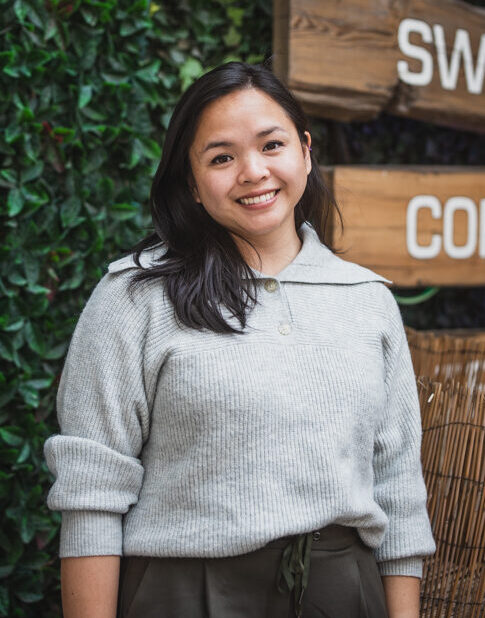
Julianna Lu
julianna.lu@mail.utoronto.ca
1st year PhD student in the SCCP program
Julianna recently completed her MA in Developmental Psychology at the University of Waterloo, where she investigated children’s intuitive number sense and probabilistic reasoning. She has also recently completed her MA in the School and Clinical Child Psychology (SCCP) MA program at OISE. She is interested in counterfactual thinking and its association with rumination. For example, counterfactual reasoning is closely related to various social-cognitive variables, such as emotional states of regret and relief. Julianna is interested in exploring the emotional characteristics of counterfactual thinking and its implications on mental well-being. Outside of academia, Julianna enjoys roller skating, reading, sketching, and going for hikes.
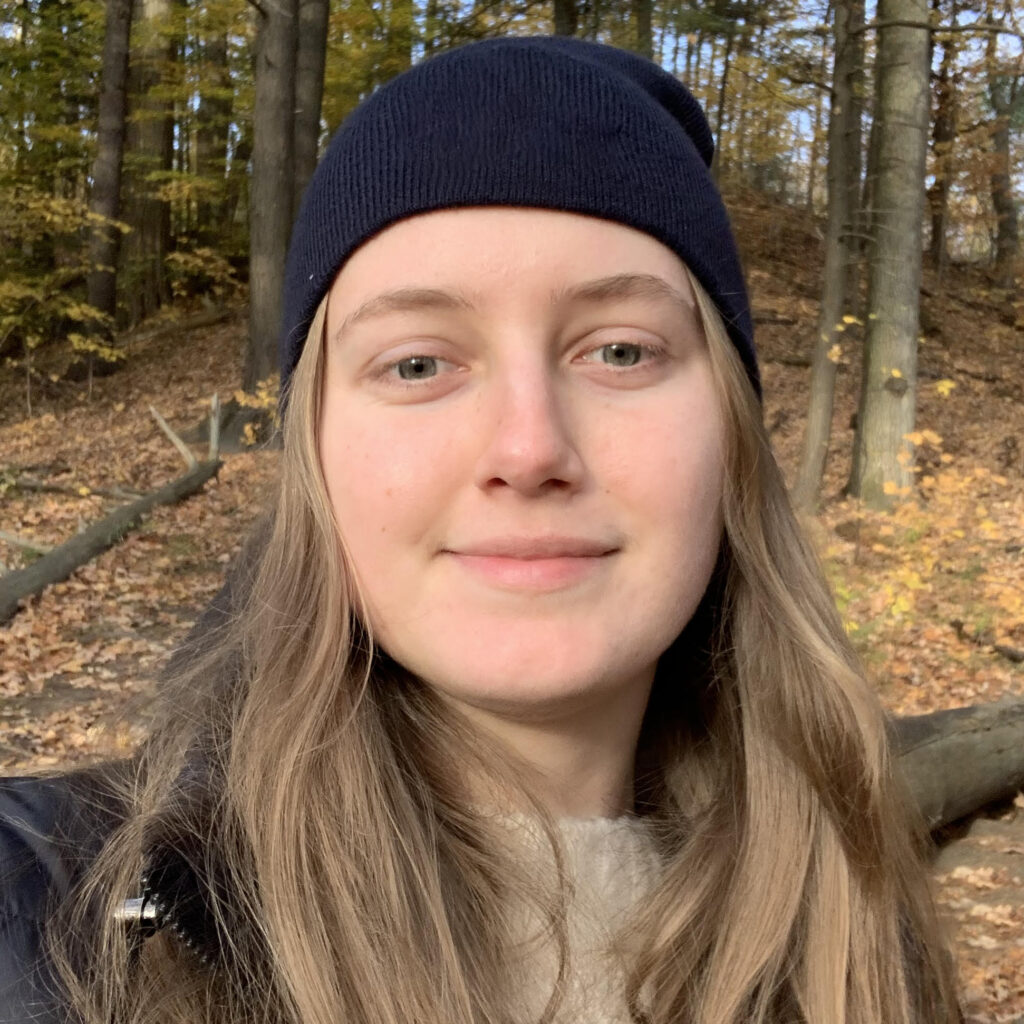
Patrycia Jarosz
jarosz.patrycia@gmail.com
1st year MA student in the SCCP program
Patrycia is currently in her first year in the Master of Arts in School & Clinical Child Psychology and had completed her undergraduate degree in the Specialized Honours Psychology program at York University. For her honours thesis, she evaluated a specialized autism program developed by the YCDSB and is now interested in factors that influence children’s learning, especially in relation to counterfactual reasoning and episodic memory. During her free time, she loves to volunteer at a daycare.
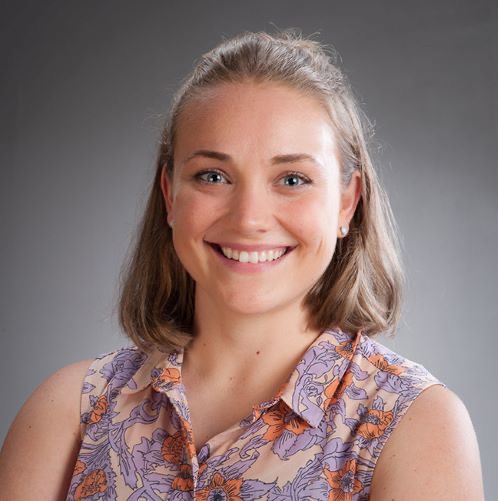
Mary Beth Neff, Ph.D.
m.e.neff@ifikk.uio.no
Visiting Researcher
Mary Beth is a visiting PhD fellow from the University of Oslo in Norway. In her PhD research she investigated why some young children interpret what other people say very literally (e.g., why when you ask a 4-year-old to “keep their eye on the ball,” they might try to literally put their eye on the ball). She explored factors that can drive this “literal phase” to see how it influences 3- to 7-year-old children’s ability to understand metaphors and other types of figurative language.
Lab Coordinator
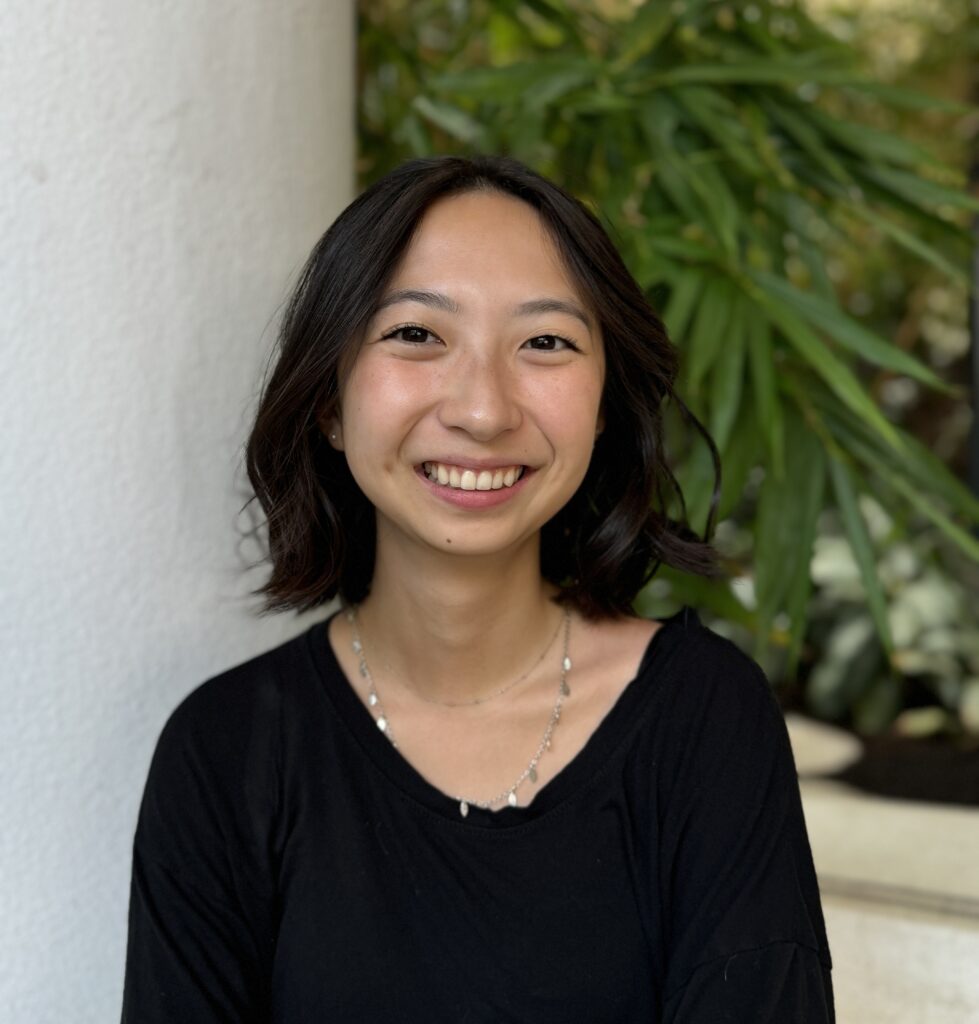
Kelly Kim
kellyy.kim@mail.utoronto.ca
Kelly is a fourth-year undergraduate student at the University of Toronto finishing up a Psychology Specialist and Linguistics Minor. She really enjoys working with children and is interested in Speech Language Pathology. She’s very interested in language disorders and bilingualism. In her free time, she is a dedicated cat-foster-mom, film photographer, and movie-enjoyer!
Practicum Students

Yunxuan Zhu
yunxuan.zhu@mail.utoronto.ca
2nd year MEd student in the DPE program
Yunxuan is a recent graduate of Beijing Normal University where she received her B.S. in Psychology. She has a particular interest in exploring children’s language acquisition and cognitive development. During her undergraduate years, she participated in a dyslexia lab in her research practice and also served as a middle school psychology teacher in her teaching practice. These experiences have fueled her strong desire to contribute to the Lab and, with the assistance of fellow lab members, delve deeper into the factors which influence children’s language learning and reasoning. In her spare time, Yunxuan enjoys Chinese calligraphy and exploring nature with friends.
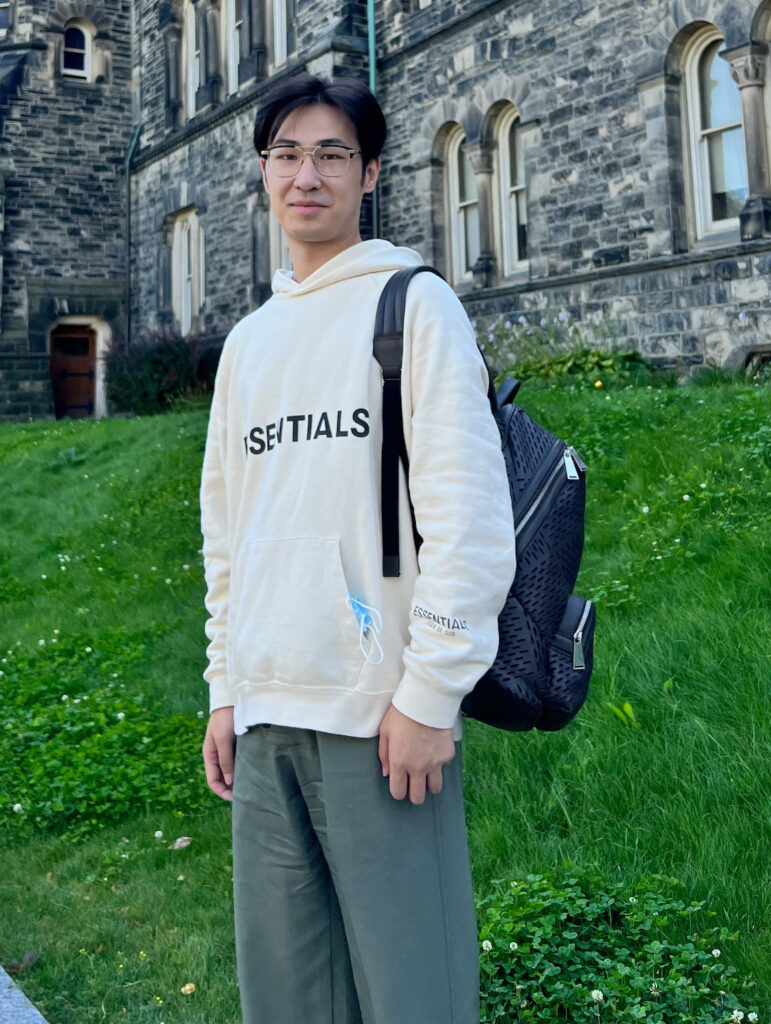
Linlong (Lynn) Wu
linlongg.wu@mail.utoronto.ca
2nd year MEd student in the DPE program
Linlong recently graduated from Tianjin Normal University, where he earned his BSc with a major in Bioscience and a minor in Psychology. He is currently enrolled in his 2nd year in the MEd program in Developmental Psychology and Education at OISE. Linlong’s main area of interest lies in exploring the relationship between language, emotion, and children’s development. During his free time, he enjoys playing tennis and visiting the library.
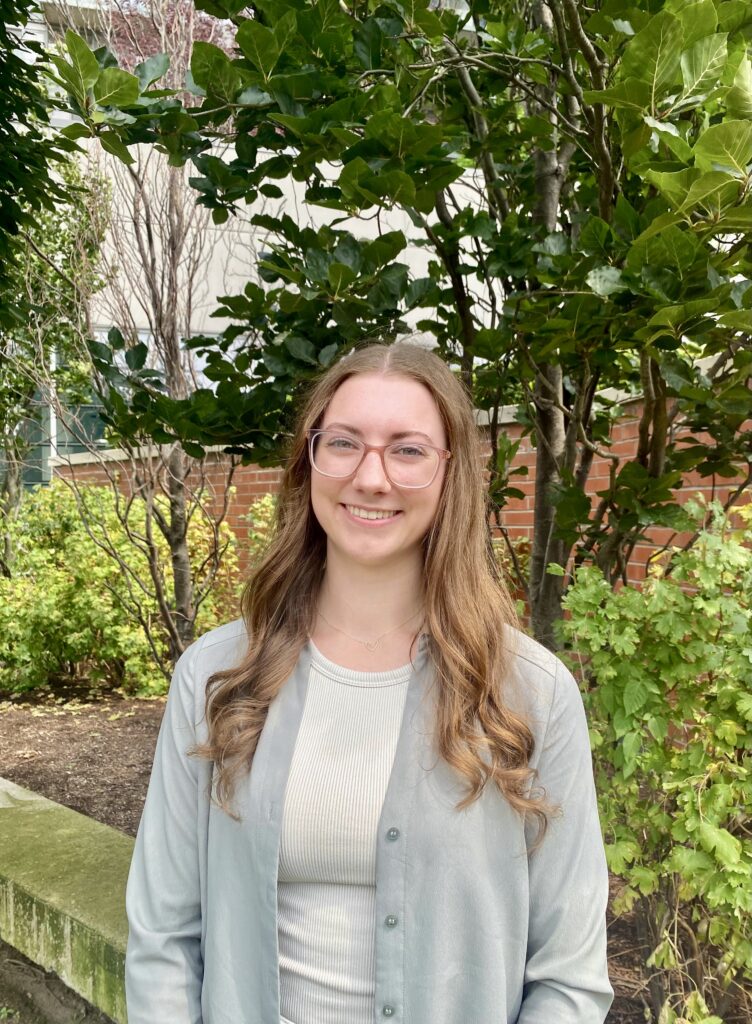
Alyssa Kryger
alyssa.kryger@mail.utoronto.ca
1st year MEd student in the DPE program
Alyssa is a recent graduate of the BA (Honours) Psychology program at York University where she earned a concentration in counselling and mental health. Prior to this, she completed her BFA in Performance Dance at Toronto Metropolitan University. Alyssa’s research interests are on exploring the role language has in the cognitive and emotional development of bereaved children, particularly how language can facilitate continued relationships with deceased caregivers. As an extension to this, she is interested in how counterfactual and imaginative thinking may serve as coping mechanisms, helping children navigate and process their grief. Outside of academia, Alyssa dances professionally as a contemporary-ballet dancer, and in her spare time enjoys yoga, biking, and connecting with nature.
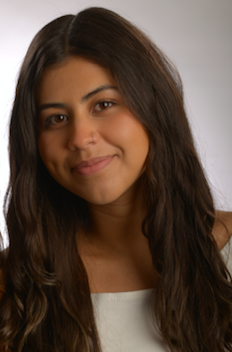
Ariel Burbano
ariel.burbano@mail.utoronto.ca
1st year MEd student in the DPE program
Ariel is currently a graduate student in the Developmental Psychology and Education program at OISE. Previously, she completed her BSc in Psychology with a minor in Biology at the University of Waterloo. Ariel’s research interests are in cognitive development and decision making. Outside of school, Ariel enjoys spending time with her friends and family outside in the sun.
Research Assistants
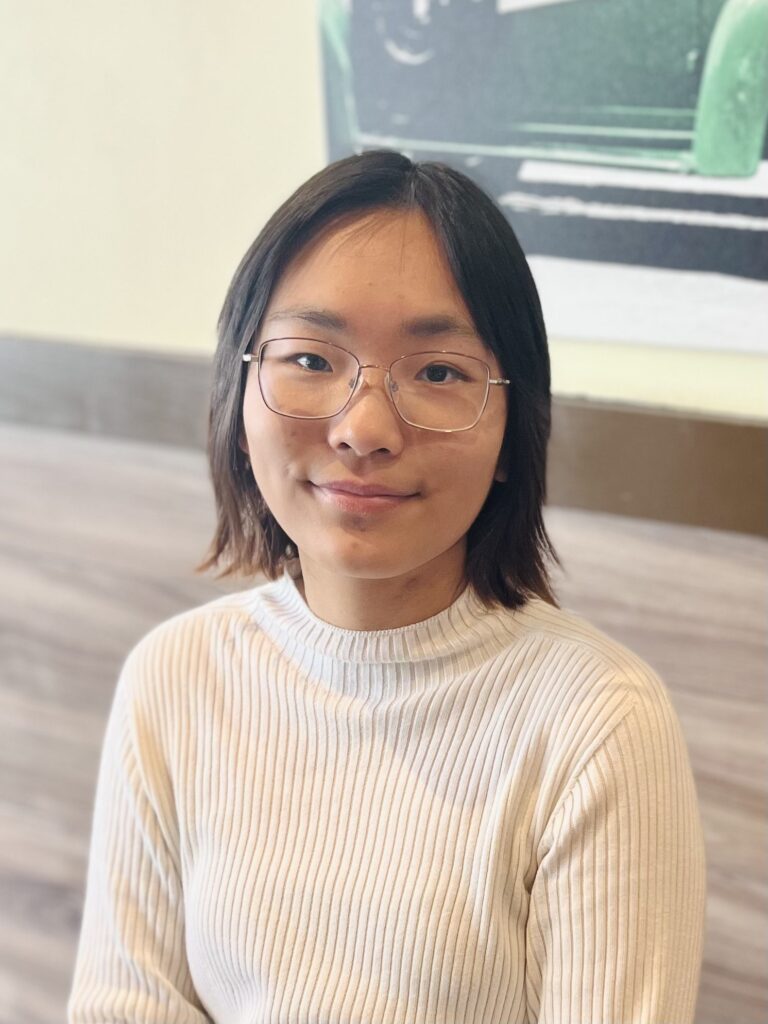
Elvia Ip
elvia.ip@mail.utoronto.ca
Elvia is a third-year undergraduate student in the psychology research specialist program who is also majoring in cognitive science at the University of Toronto. She is very interested in developmental psychology and is curious about exploring the cognitive and social aspects of children’s reasoning and how children’s reasoning influences their interactions with others. In her free time, she likes to make art and go to cafes with friends!
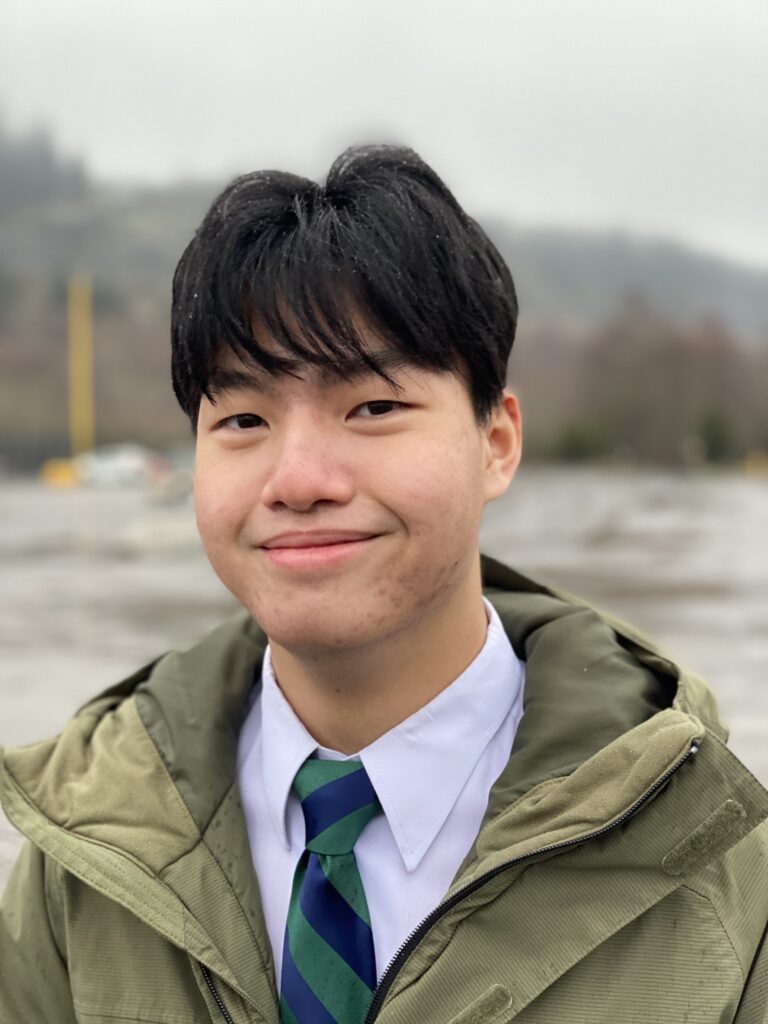
Dominic Le
dominic.le@mail.utoronto.ca
Dominic is a third-year undergraduate student studying cognitive science, psychology, and linguistics at the University of Toronto. He aims to learn more about how imagining branching possibilities can affect the way children form ideas about their actively changing environment. In his free time, he writes music, journals about music, and dabbles in being punny.

Qing Yan
qinger.yan@mail.utoronto.ca
Qing is currently studying Development Psychology and Education at OISE at the University of Toronto. She is enthusiastic about children’s counterfactual reasoning. She is interested in learning more about how children reason and how they think about the world and is curious about a variety of topics in child cognitive development. In her free time, she likes reading, listening to music and traveling with friends.
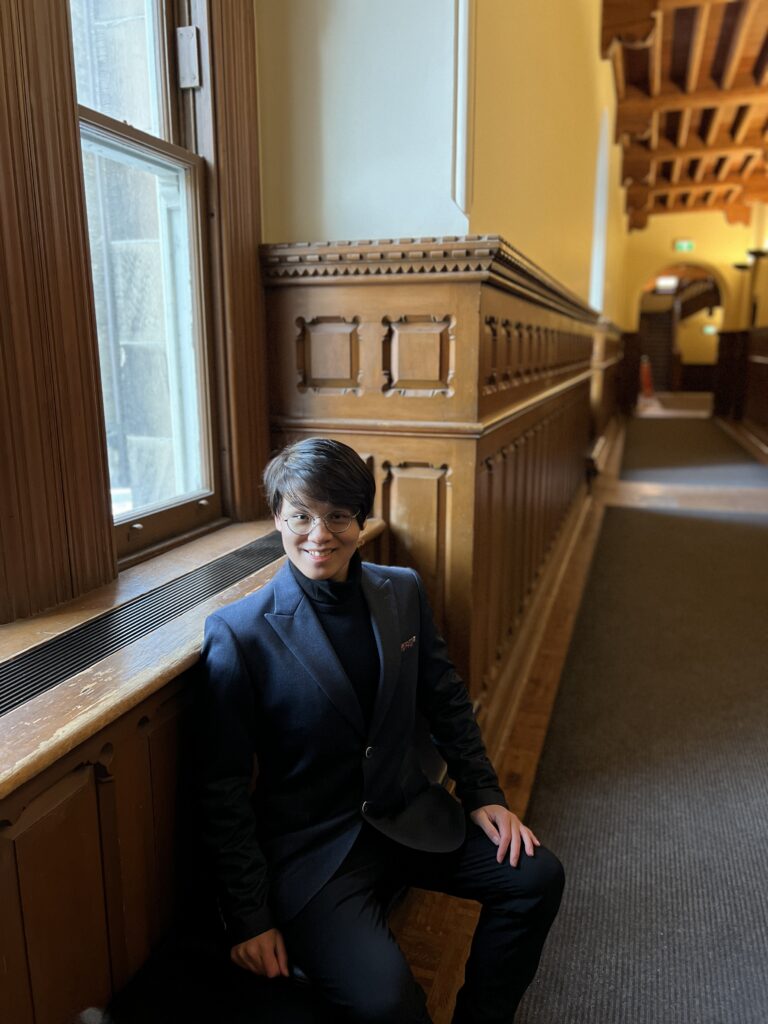
Darin Lei
darin.lei@mail.utoronto.ca
Darin is a second-year undergraduate student studying cognitive science, psychology, and philosophy at the University of Toronto. He is passionate about exploring the cognitive mechanisms that shape children’s scientific reasoning, problem-solving, and language development. He aims to learn more about the beauty of cognitive development through these areas. In his free time, he trains Jiu Jitsu, practices yoga and meditation, and loves learning languages (currently French, German, and Korean)!

Selina Zheng
darin.lei@mail.utoronto.ca
Selina is a third-year undergraduate student at the University of Toronto specializing in Psychology. She is passionate about child development, cognitive psychology, and how parenting styles mediate children’s cognition. She has gained clinical research experience at the Beijing Suicide Research and Prevention Center, where she supported intervention programs for patients with serious mental disorders. She also worked as a Research Assistant in the Developmental Psychopathology Lab, where she contributed to research on child development and differential parenting. These experiences have deepened her interest in developmental psychology and mental health research. Outside of academics, she enjoys photography and playing the piano.
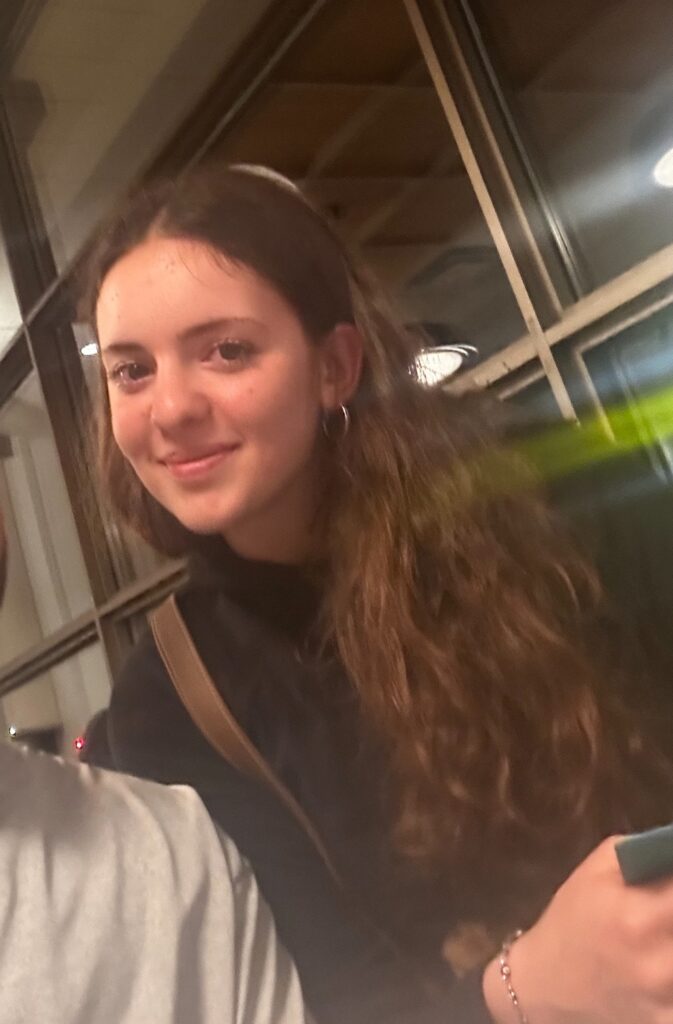
Kailah Kilfoyle
kailah.kilfoyle@mail.utoronto.ca
Kailah is a fourth-year undergraduate student at the University of Toronto, pursuing a double major in Psychology and Human Biology. She is especially interested in how linguistic development influences mental processes, like memory, attention, and problem-solving, across different stages of life. In her free time, she enjoys playing sports with friends and trying out new activities.
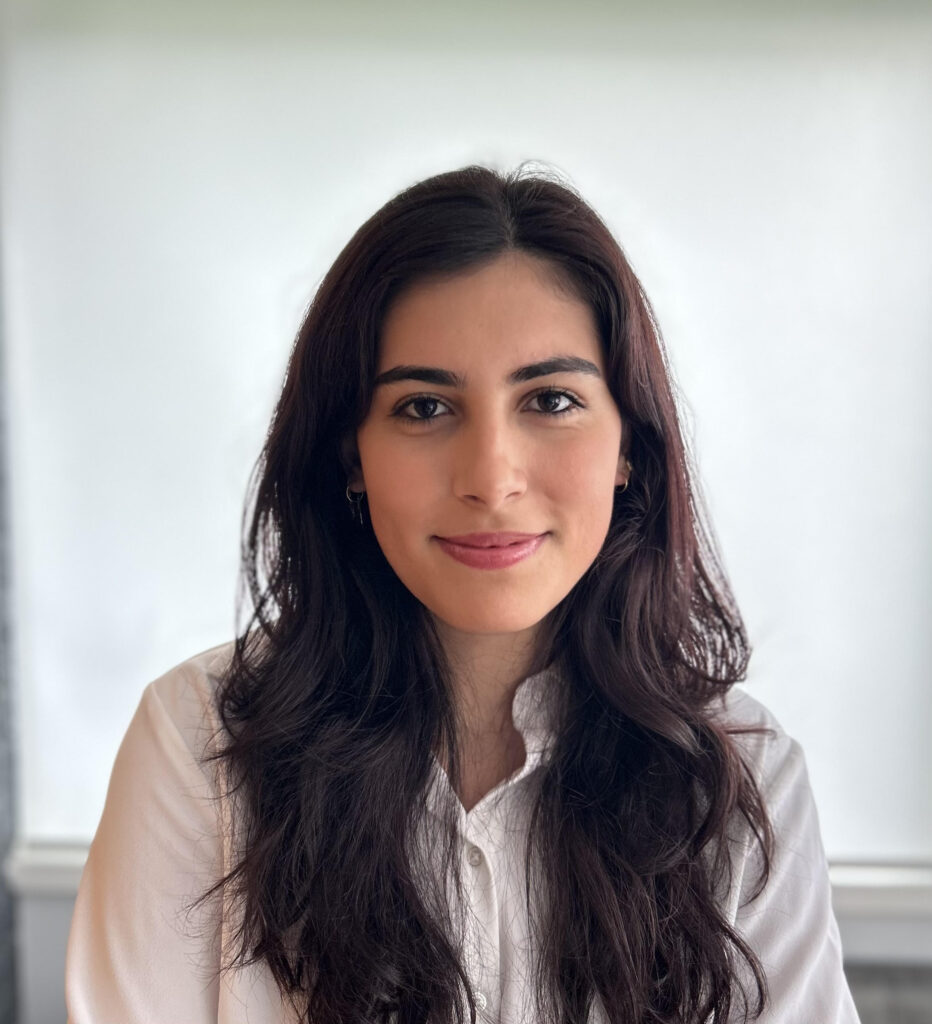
Sophie Akbari
sophieakbari@gmail.com
Sophia is a third-year undergraduate student at Concordia University in Montreal, majoring in Linguistics with a minor in Education. She is working toward a future in Speech and Language Pathology. Her academic interests include cognitive development, with a focus on the diverse factors that influence it and the effects of bilingualism on children’s cognitive growth. In her free time, she enjoys listening to music, painting, and spending time with friends.
